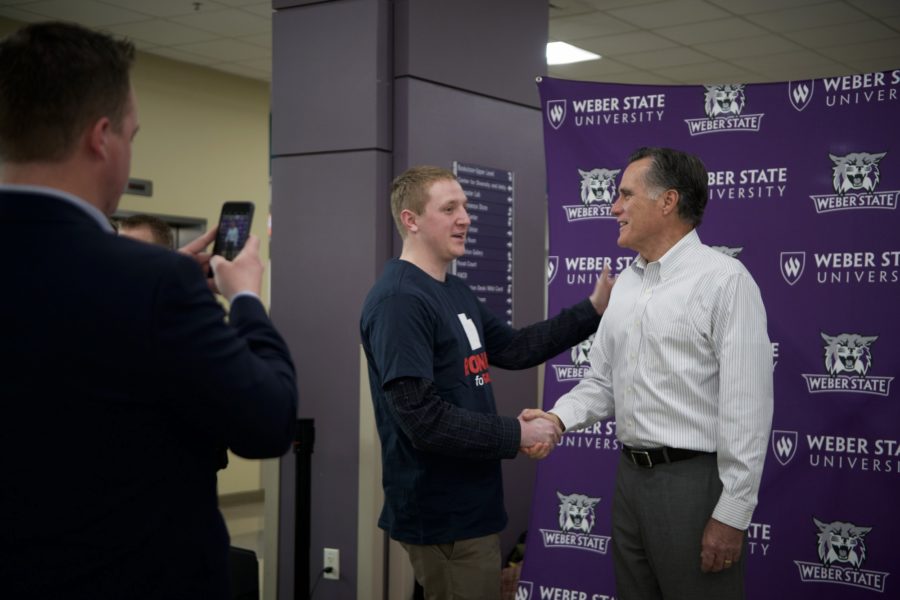
In an effort to encourage students and faculty to be more careful with their information, the Weber State University Information Technology Division hosted the Privacy Day panel discussion on Wednesday.
Panel members included Julie Park from the Data Privacy Office for the Church of Jesus Christ of Latter-day Saints; Bret Ellis, vice president of WSU IT; Gary Johnson, WSU associate professor of political science; and Stephanie Hollist, associate general counsel at WSU.
Some topics planned for the discussion were whether it is possible to remain anonymous in an always-connected world, how much privacy individuals have to give up to ensure safety, and if individuals are putting themselves or their families at risk with social media habits.
“This is not the first time we have discussed about where the government limits should be for privacy,” Johnson said. “The natures of social media and Internet privacy are important topics in terms of privacy.”
One of the events preceding the panel discussion was the action of Edward Snowden, who revealed through the use of a newspaper called The Guardian that the National Security Agency was collecting information on American citizens. Snowden was nominated for the Nobel Peace Prize for his actions.
Park said it is important to make people aware of and appreciate their privacy, because everyone has the right to a private life.
One of the main topics the panel discussed was the use of personal information by companies to accomplish different tasks.
Ellis said he believes companies are realizing information is valuable for targeting their customers, and, as a result, the privacy issues are not going to go away or be fixed easily.
The U.S. Federal Trade Commission recently ruled Facebook would be subject to 20 years of regular privacy audits after settling charges last year that the company engaged in “unfair and deceptive practices.” An example of the charges is misleading people about whether information they disclosed on the site would stay private.
The Facebook privacy policy states the site allows advertisers to select characteristics of users they wants to serve particular advertisement needs.
“The genius of Facebook and social media is information is very valuable,” Johnson said. “Personal information about our preferences, lifestyles and products we buy is information that corporations have always wanted, and Facebook gets it from you for free.”
Park said one of the main ways to avoid companies using personal information is to read privacy notices and pay attention to what is being disclosed.
Another topic the panel covered was opinions on what is reasonable in terms of privacy changing from generation to generation. Ellis said he believes one of the things parents commonly fail to do is teaching their children to protect their information.
Ellis also said there has recently been a move toward guest speakers at schools teaching youth about what to share and what not to share.

















